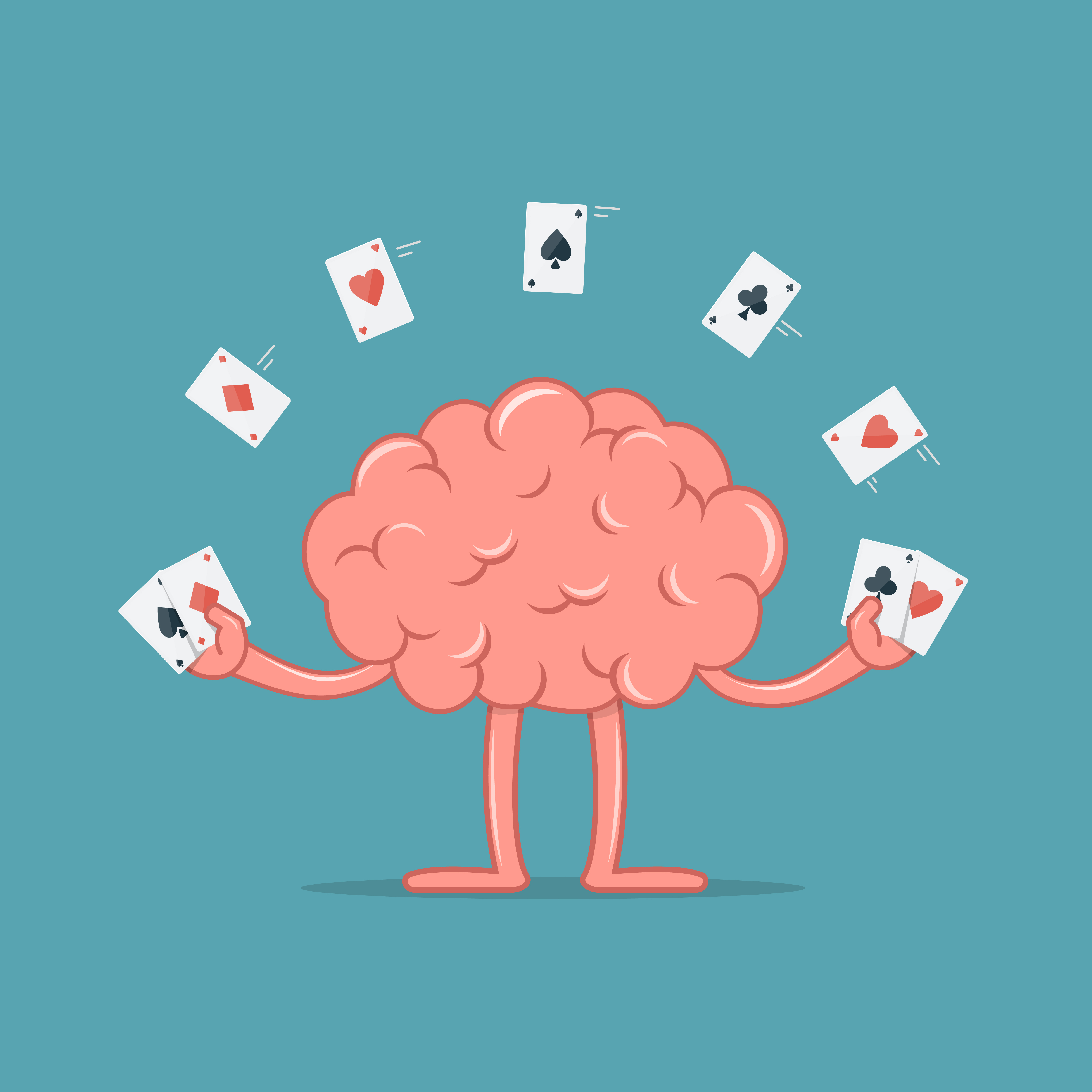Can playing poker improve your memory, problem solving ability, and other key cognitive functions? Of course it can!  After all, there are no stupid champion poker players, as scientists have recently been able to prove. Here are just some of the ways in which playing poker sharpens the player’s mind.
After all, there are no stupid champion poker players, as scientists have recently been able to prove. Here are just some of the ways in which playing poker sharpens the player’s mind.
Discipline
As the classic Kenny Rogers song The Gambler proclaims: “you have to know when to hold them/and know when to fold them”. Knowing when to place a bet and realizing it’s time to walk away requires a lot of mental discipline.
Concentration
Poker requires that a player makes use of all of their senses, deal with distractions, keep his or her adrenaline in check, carefully design a strategy, and observe the movements and moods of the other players.
Patience
Impulse control is a mental fortitude that is key to success in many different endeavours and poker is definitely no exception.
Logical Reasoning
Contrary to what the naysayers may believe, poker is not a game of luck. It’s a game of skill in which problem solving, probabilities, and analysis are all crucial components of success.
Set Reasonable Expectations
You aren’t going to win every hand you play, and so as an aspiring high-level player you need to learn to make smart decisions and manage risks.
Be Adaptive
Poker players need to be constantly able to change their strategies and adapt to situations. The player who always plays the same becomes predictable and easy prey for opponents.
Applied Psychology
If you can count cards then yes, you do have an adavantage in the poker playing arena. Nonetheless, even the most impressive mathematical savant will be absolutely useless in a game of Texas Hold’em (or any other popular variations of poker) if he lacks the ability to put himself into the mindset of his opponents. Thus, playing poker not only increases one’s IQ overall, but it also improves emotional intelligence, which is equally as vital.